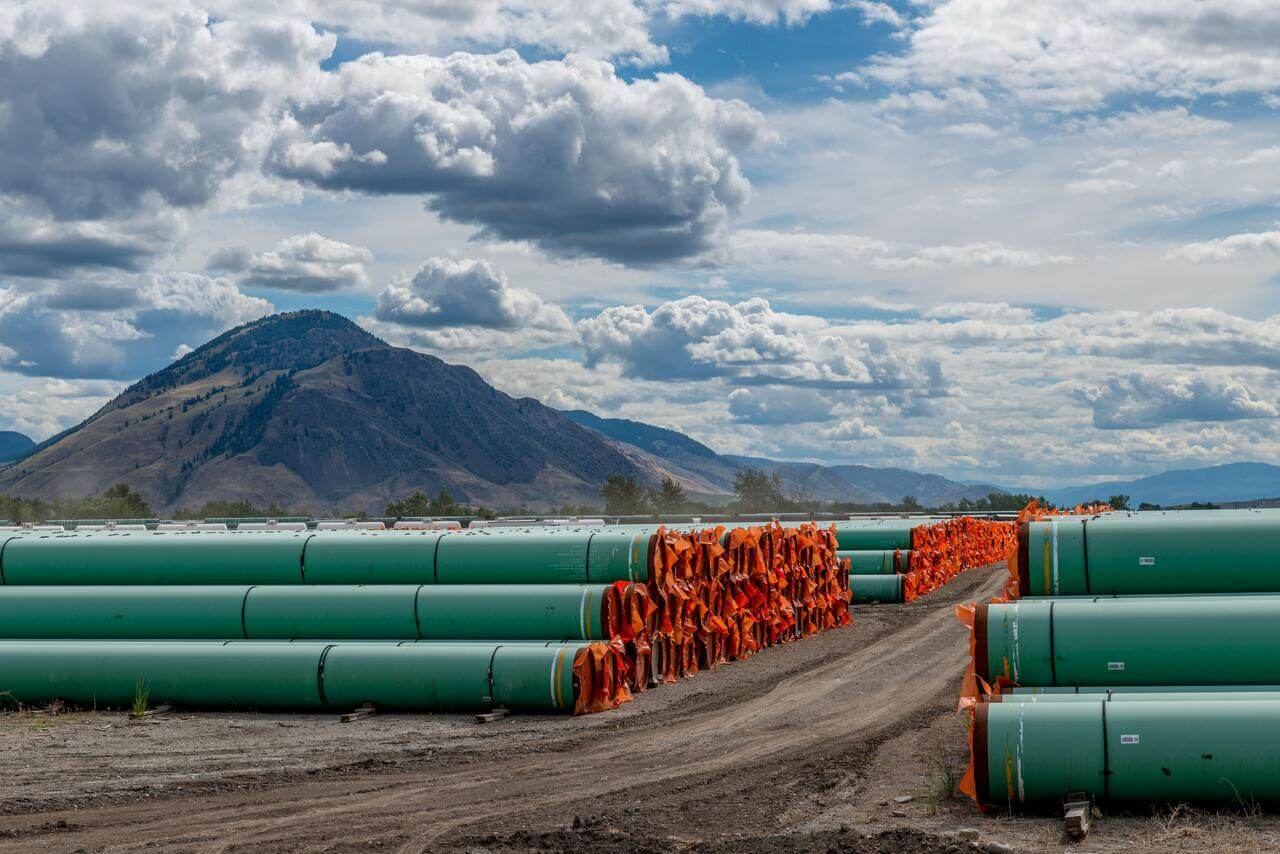The Canadian Supreme Court on Thursday ended a years-long legal dispute between Ottawa and Indigenous nations, after it dismissed an appeal made by British Columbia’s (BC) First Nations against the Trans Mountain oil pipeline expansion.
The court ruled unanimously that the government carried out “reasonable” and “meaningful” consultations with Indigenous peoples affected by the project’s construction before approving the pipeline for a second time. As is customary, it did not release the reasons behind its decision.
The project, which was first proposed almost 8 years ago has been delayed by a series of legal challenges. PM Justin Trudeau has committed to reduce greenhouse emissions and improve relations with Indigenous peoples, but simultaneously faces pressure to aid the oil industry, which is an integral component of the Canadian economy. The Trans Mountain pipeline, which will run from Alberta to BC will help the country in diversifying oil markets, as well as increase exports to Asia which could lead to higher revenue. Currently, almost 99% of Canada’s exports go to the US at a discounted rate due to limits on pipeline and refinery capacity. Unsurprisingly, Alberta officials have welcomed the court’s decision, with Premier Jason Kenney calling the dismissal another “legal vindication” for the pipeline.
Also Read: Is Trudeau’s “Two-Faced” Leadership Eroding Canada’s Diplomatic Capital?
In 2018, some First Nations groups were able to halt the construction, when the Federal Court of Appeals said that the government had failed to properly consult the affected Indigenous communities, who have argued that the pipeline would damage their lands and waters. Soon after, Ottawa sent 60 Crown representatives to meet with 120 Indigenous communities in both Alberta and BC, as part of renewed consultations. Though Indigenous groups have said that authorities did not negotiate in good faith and came to the table with a pre-determined outcome, Thursday’s ruling argued that Indigenous peoples cannot “dictate” their terms and try and veto the process. The project also faces environmental opposition from British Columbia’s provincial government.
In a town hall meeting in 2016, Trudeau was asked whether “no means no” if Indigenous communities did not give consent for a pipeline project. Trudeau replied, “Absolutely.” Yet, within two years, he said, “No, they don’t have a veto,” when faced with opposition against the Kinder Morgan pipeline, now known as the Trans Mountain pipeline.
After the country’s top court rejected the application from the Squamish Nation, Tsleil-Waututh Nation and Coldwater Indian Band on Thursday, leaders have said that, though the decision was a disappointing setback, they remain undeterred, and will explore other ways to block the pipeline. The Supreme Court decision is bound to have an effect on reconciliation between the government and Indigenous peoples, as frictions continue.
Image Source: Reuters

